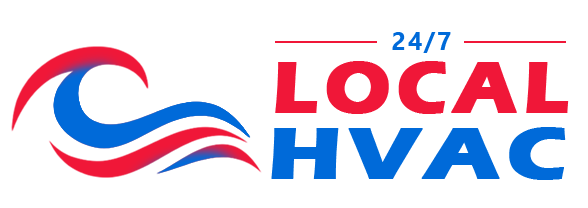2021 HVAC Trends – What To Look For In The Industry & Technology

Historically, innovations in HVAC technology have been about reducing energy consumption, increasing efficiency, and making heating and cooling our spaces greener and more environmentally friendly. Emerging industry trends for 2021 are continuing those priorities.
2021 will see a continued focus on making the heating and air conditioning industry more efficient. From an increase in “smart homes” to the promotion of alternative energy sources, the HVAC industry is all about maximizing efficiency and reducing waste—saving consumers money and lowering the environmental impact of heating and cooling systems.
Geothermal Heating and Cooling
Geothermal systems rely on a special heat pump and a network of underground, fluid-filled pipes to leverage naturally-occuring “thermodynamics” to provide heating and cooling. Because they use the earth’s natural heat energy as a resource for heating and air conditioning, a geothermal system is not only a sustainable but a very effective choice. This makes them the frontrunner when it comes to environmentally friendly energy options.
The website www.energy.gov reports that a geothermal system can be as much as 5 percent more efficient than a traditional HVAC system. They may be 2–3 times more expensive to purchase, but homeowners say they recoup those costs in less than 10 years.
In addition to their sustainability and efficiency, benefits of geothermal HVAC systems include:
Quieter than traditional HVAC systems
Covered under warranty
Safer and more comfortable
More affordable to operate
Smart HVAC
Manufacturers are now embedding sensors and other technologies into HVAC equipment to gather data related to the system’s performance and condition. Including these types of information-collecting devices into HVAC systems can improve efficiency, increase comfort, provide real-time system monitoring, and even complete preventive maintenance. Through the use of sensors, one of these “smart HVAC systems” can monitor and control temperature and humidity levels in your home or office—eventually letting you know when your system needs repair or maintenance.
Data-Focused Decisions
New HVAC technology now provides real metrics and data that technicians can use to tailor it to the customer’s specific system and situation.
Smart Thermostats
Smart thermostats are devices that use Wi-Fi to automatically connect to a home’s HVAC system, adjusting the temperature for maximum comfort and/or efficiency whether or not anyone is at home. This real-time adjustment contributes to your overall energy savings by increasing efficiency and reducing consumption when it is not needed.
Zoned Heating & Air
Zoned heating and cooling can save homeowners up to a third on annual energy use. It works by neither heating nor cooling rooms that are not used often in your home, reserving energy for the communal areas where families tend to gather.
Ductless Systems
Easy to install and remarkably efficient, a ductless mini-split system consists of an outdoor condenser and indoor air-handling units. Because ductless systems distribute conditioned air more evenly across your home than traditional systems, it is possible to reduce consumption, save money, and reduce your carbon footprint.
These five trends are just the tip of the iceberg in the HVAC industry. There are many more innovations and solutions currently driving the heating and cooling industry that can impact you as the consumer. When it’s time to improve or replace your current system, contact 24/7 Local HVAC highly trained technicians for the most up-to-date information on the products that are exactly right for your needs.
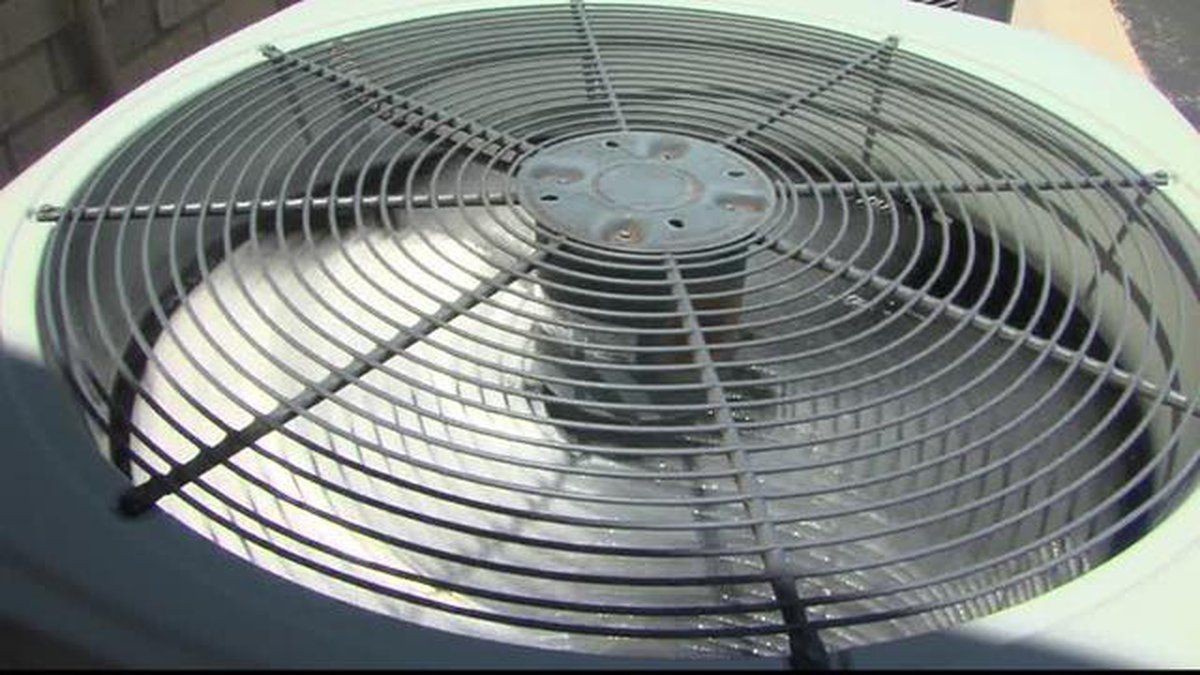

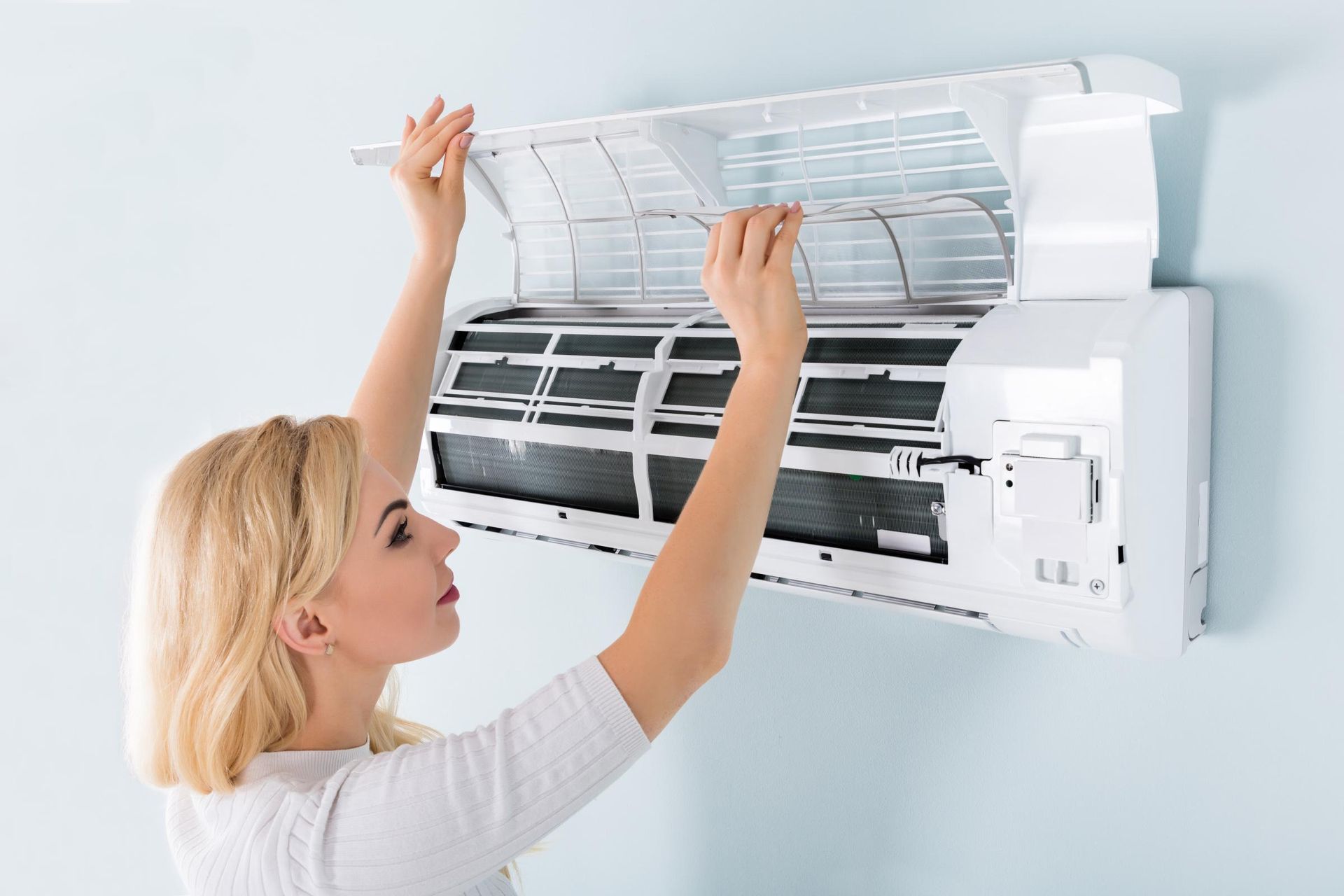
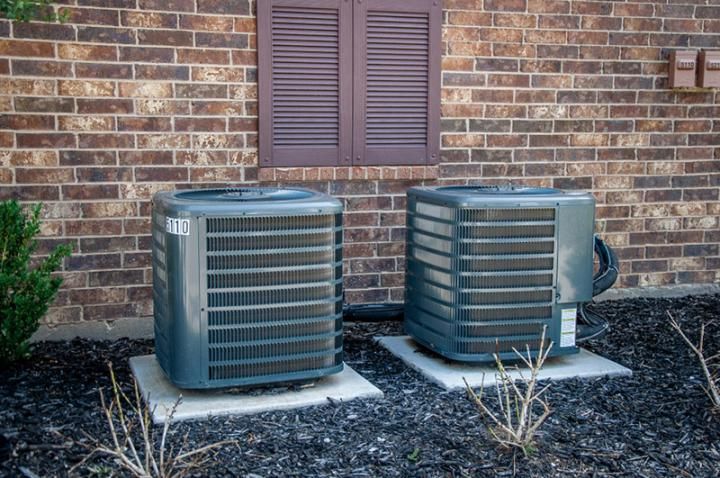




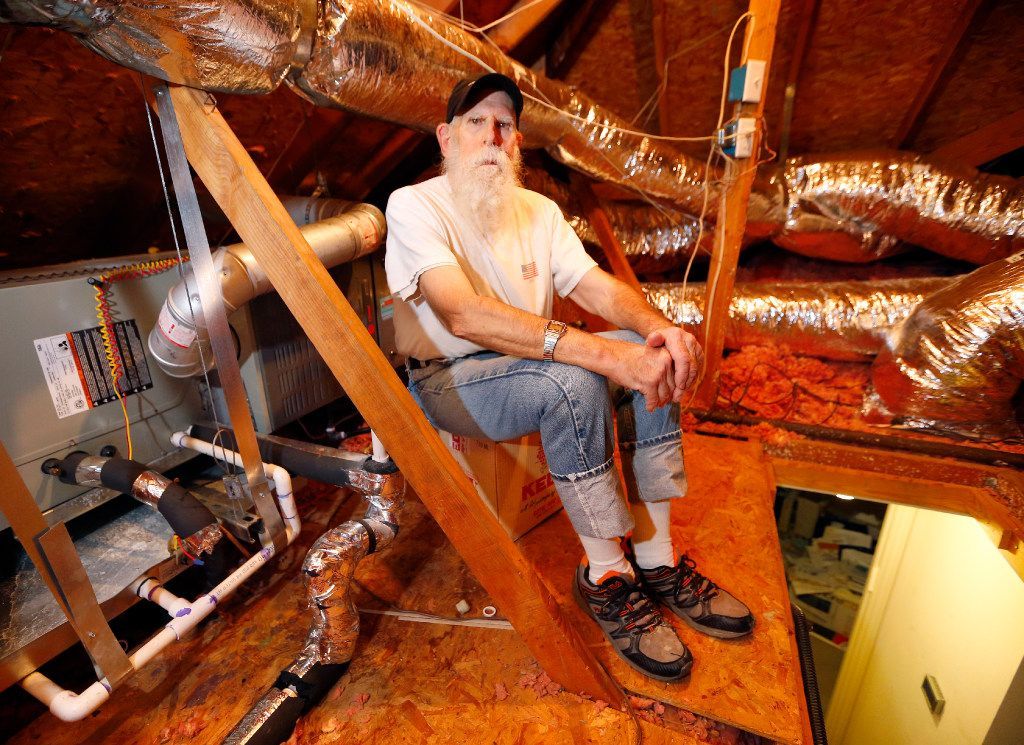

At 24/7 Local HVAC, we specialize in facilitating connections with top-tier HVAC professionals. Our focus is on bridging the gap between you and reputable HVAC companies operating within your local vicinity. It's important to emphasize that each of these HVAC entities functions independently and autonomously.
We firmly place the onus on every individual user to meticulously verify that any selected HVAC company aligns with the mandated licensing and insurance prerequisites stipulated by the governing authorities in their respective jurisdiction.
Furthermore, it's worth noting that our services may regrettably not cover all geographical areas. In instances where our services are available, the scope of offerings could potentially differ based on the composition of service providers present within that particular region.

